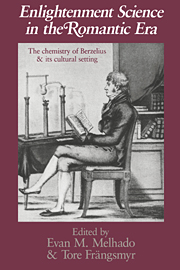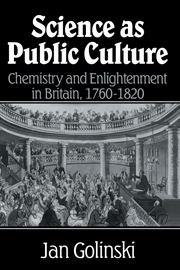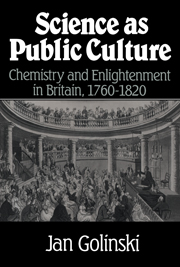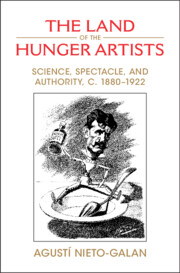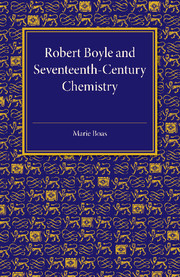Enlightenment Science in the Romantic Era
Jacob Berzelius (1779–1848), one of the world's leading scientists in the first half of the nineteenth century, dominated the field of chemistry, animated the cultural life of his native Sweden, and served for three decades as perpetual secretary of the Royal Swedish Academy of Sciences. Despite his immense stature, modern studies have underestimated his significance. This volume remedies the scarcity of accessible, modern assessments of Berzelius by bringing to a broad audience the results of recent scholarship, and it offers an enhanced assessment of his originality and influence.
- Offers an enhanced assessment of his originality and influence
- The subject of this volume, Jacob Berzelius, is one of Sweden's cultural heroes
Reviews & endorsements
'This collection of essays helps us considerably to see Berzelius's life and work in depth and in perspective.' The Times Higher Education Supplement
Product details
February 2003Paperback
9780521531245
264 pages
228 × 155 × 17 mm
0.4kg
6 b/w illus.
Available
Table of Contents
- Preface
- List of abbreviations
- Introduction
- 1. Berzelius and his time
- 2. 'Truth, The Angel of Light': Berzelius, Agardh and Hwasser
- 3. Berzelius and the atomic theory: the intellectual background
- 4. Berzelius, Dalton and the chemical atom
- 5. Berzelius's animal chemistry: from physiology to organic chemisty, 1805–1814
- 6. Novelty and tradition in the chemistry of Berzelius (1803–1819)
- 7. Berzelius as godfather of isomorphism
- 8. Berzelius, the dualistic hypothesis, and the rise of organic chemistry
- 9. Berzelius as a European traveller
- A selected bibliography
- Index.

